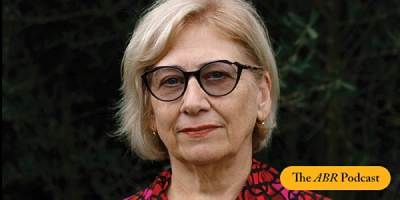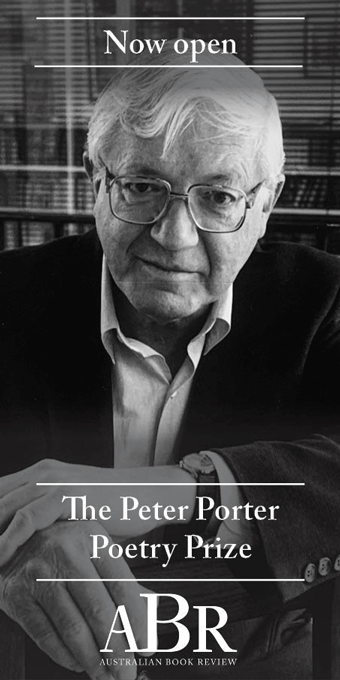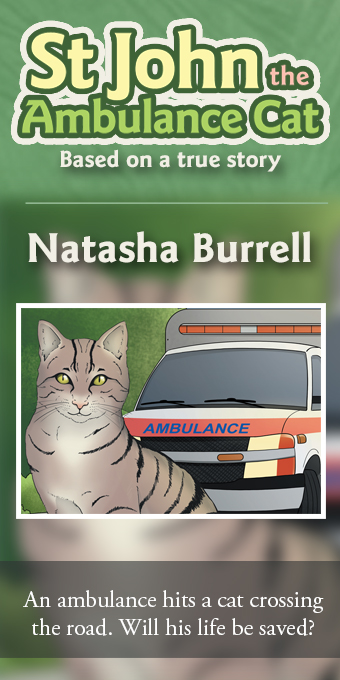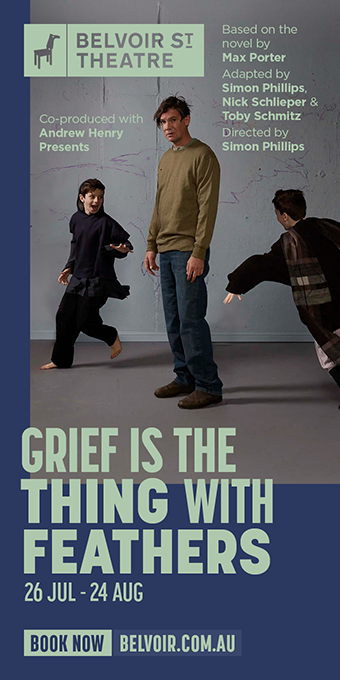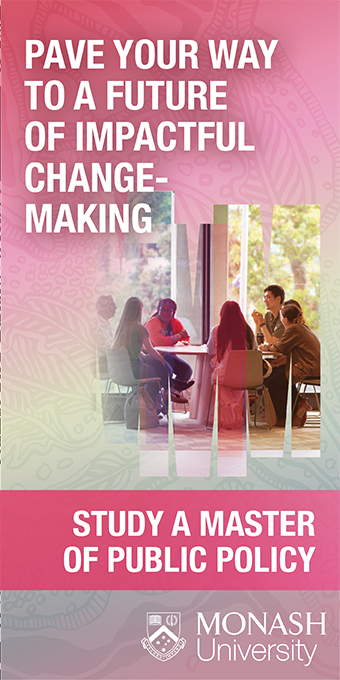Australian Book Review
This week on the ABR Podcast, we feature Clinton Fernandes’ commentary ‘“Without undue suffering”: Japan’s August 1945 and the superweapon alibi’. On the eightieth anniversary of the bombings of Hiroshima and Nagasaki, historian Clinton Fernandes delivers a gripping reassessment of the world’s only use of atomic bombs against civilians and exposes the ‘superweapon alibi’ that enabled a politically convenient end to World War II for both the United States and Japan.
... (read more)This week on the ABR Podcast, Felicity Plunkett reviews new collections of Antigone Kefala’s poetry and fiction, observing that the belated recognition of this major Australian figure suggests that Kefala has moved beyond the designation ‘migrant writer’.
... (read more)This week on the ABR Podcast we feature James Curran’s commentary ‘Balance sheet blues: The pros and cons of Pax Americana coming to an end’. Curran’s focus is the evolving relationship between Australia and America during and beyond Trump’s second administration.
... (read more)This week on the ABR Podcast we feature Robin Boord’s essay ‘Consolation of Clouds’, which was placed third in the 2025 Calibre Essay Prize. The essay conveys the mystery surrounding the death of a woman’s father, a pilot in the Korean War, who died unexpectedly at home after a mechanical failure on a training flight.
... (read more)This week on the ABR podcast we feature Shan Windscript’s review of Bombard the Headquarters! by Linda Jaivin. Though Windscript applauds Jaivin for condensing the Great Proletarian Cultural Revolution of Communist China into a succinct and vivid account, Windscript argues this approach sacrifices historical nuance.
... (read more)This week on the ABR Podcast, we feature Rebecca Strating’s commentary ‘“Rejecting the system it created”: How Trump’s America is reshaping Australia’s regional relations’. While the second Trump administration presents a challenge for Australian policy makers, it also provides an opportunity for Australia, explains Strating, ‘to develop greater self-reliance in foreign policy and deepen relationships across Asia’.
... (read more)This week on the ABR podcast we feature André Dao’s review of The Shortest History of AI by Toby Walsh. In his analysis, Dao notes an undercurrent of ‘pervasive technological solutionism’ in Walsh’s ‘core history… of technological innovations’.
... (read more)This week on the ABR Podcast we feature Natasha Sholl’s essay ‘The Chirp/The Scream’, which was the runner-up in the 2025 Calibre Essay Prize. Natasha Sholl is a writer and lapsed lawyer based in Melbourne. Her work has appeared in many publications including Australian Book Review. Her first book, Found, Wanting, was published by Ultimo Press in 2022.
... (read more)This week on the ABR Podcast, Kate Fullagar reviews Uprising: War in the colony of New South Wales, 1838-1844, by Stephen Gapps. Fullagar writes that Uprising is a ‘crucial contribution to our rethinking of Australian military history’. Kate Fullagar is Professor of History at Australian Catholic University, a Fellow of the Australian Academy of Humanities, and Vice President of the Australian Historical Association.
... (read more)This week on the ABR Podcast we present Peter Rose’s final Diary as Editor of Australian Book Review. Peter began editing ABR in 2001 and retired just last month. The May issue was his final issue as Editor, and in his diary entry Rose recalls. Before coming to ABR, Rose was a publisher at Oxford University Press. He has published several books of poetry, an award-winning family memoir, Rose Boys, and two novels. His latest poetry collection is Attention, Please! published in February this year. As a critic, Rose has written for a variety of publications, including ABR. He also writes and performs short absurdist plays with The Highly Strung Players. Here is Peter Rose with his ‘Diary’, published in the May issue of ABR.
... (read more)




